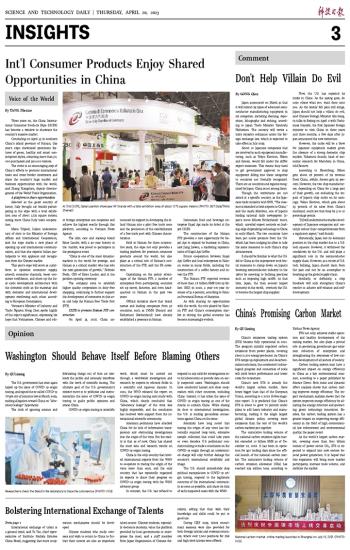
Japan announced on March 31 that it will restrict 23 types of advanced semiconductor manufacturing equipment in six categories, including cleaning, deposition, lithography and etching, according to Japan Trade Minister Yasutoshi Nishimura. The country will revise a trade ministry ordinance under the foreign exchange law, which is expected to take effect in July 2023.
About 10 Japanese companies that are involved in such equipment manufacturing, such as Tokyo Electron, Nikon and Screen, would fall under the stiffer export measures. This means they need to get government approval to ship equipment falling into those categories to countries not formally recognized. There are 42 countries and regions recognized by Japan. China is not among them.
Though the restrictions are not aimed at a specific country, as the Japanese trade ministry told CNN, "The measure is intended to limit exports to China," said the Asahi Shimbun, one of Japan's leading national daily newspapers. Japan's move follows Netherlands' move, which unveiled export controls on leading-edge chipmaking technology to China in early March. The two countries have been put under pressure from the U.S. which has been nudging its allies to take the same measures to curb China's chip advancement.
It should be familiar to what the U.S. did to China as the superpower took brutal measures to clamp down on Japan's booming semiconductor industry in the 1980s by resorting to bullying practices such as imposing high tariffs. At that time, Japan, the then second-largest economy in the world, overtook the U.S. to become the largest chip supplier.
Now, the U.S. has repeated its tricks in China. As the saying goes, do unto others what you want done unto you. As the keenly felt pain still stings, Japan should not help a villain do evil, said Chinese Foreign Minister Qin Gang, in talks in Beijing on April 2 with Yoshimasa Hayashi, the first Japanese foreign minister to visit China in three years and three months, a few days after Japan announced the new restriction.
However, the curbs will be a blow for Japanese equipment makers given the absence of a strong domestic chip market, Takamoto Suzuki, head of economic research for Marubeni in China, told Reuters.
According to Bloomberg, Nikon gets about 28 percent of its revenue from China, awhile, Screen gets 25 percent. However, the two chip manufacturers, depending on China for a large part of their growth, are evaluating the impact of Japan's chip curbs on its earnings. Tokyo Electron, which gets about 25 percent of its sales from China's mainland, could see that drop by 5 to 10 percentage points.
"[It] will undermine the market development of Japanese companies and certainly reduce their competitiveness from a regulatory aspect," said Suzuki.
Historically, Japan lost its dominant position in the chip market due to a U.S. tech squeeze. However, it withstood the crackdown by the U.S. and still plays a significant role in the semiconductor supply chain. However, as a victim of U.S. tech bullying, Japan should learn from the past and not be an accomplice in breaking up the global supply chain.
Similarly, or definitely, a chip blockade will only strengthen China's resolve to achieve self-reliance and self-development.


 Next
Next




